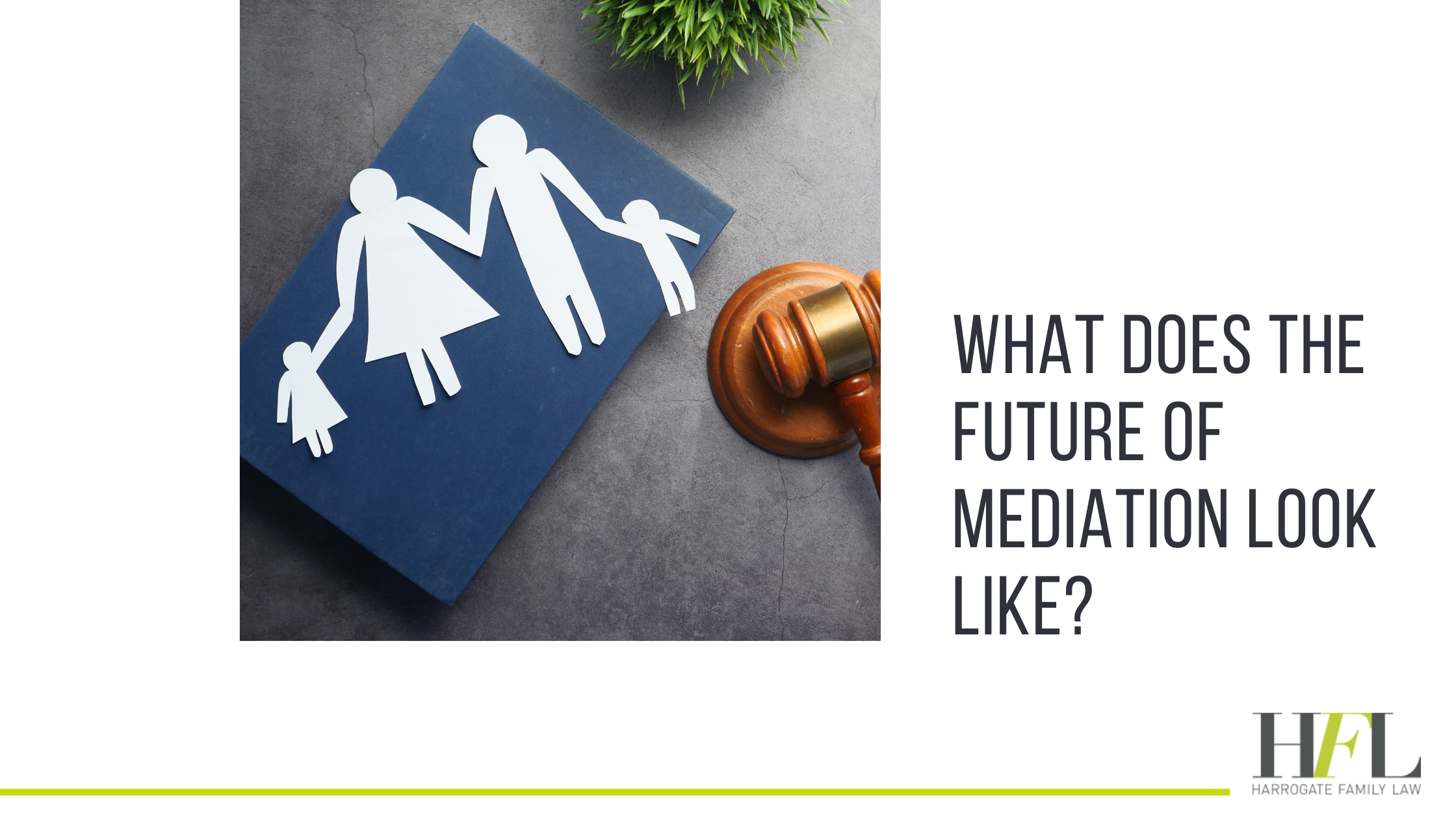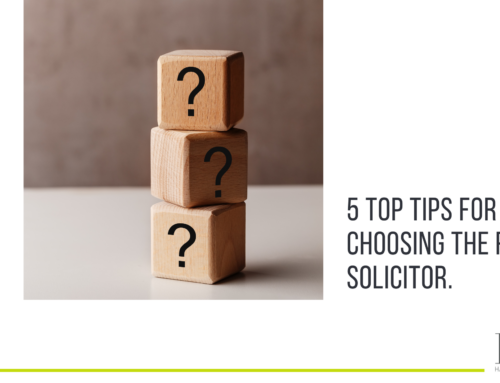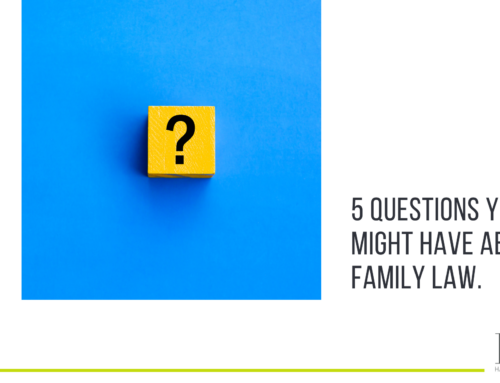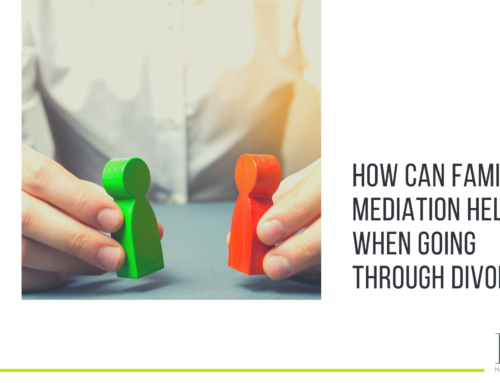The role of mediation is to help you and your ex-spouse or partner reach agreements about your divorce or separation. In essence, it’s a discussion, facilitated by a third party, about any issues you feel need to be resolved before matters are finalised between you. For example, the finances, the family home, and often the arrangements for the children.
With a severe backlog of cases in the family courts, the government is pushing for wider use of mediation in an attempt to save on both time and costs. To put the backlog into context, the Law Society has reported that some children have been left waiting well over a year before they find out who they will primarily live with. The average length of time for private children’s cases in particular has risen to as much as 47 weeks.
Whilst a very useful tool for some cases, mediation also raises a number of questions. What exactly is it? Is it always appropriate? And perhaps most importantly in the current climate, what does the future of family law and mediation look like?
What is mediation?
Overseen by an independent and objective third party, mediation is a process that can help you and your ex-spouse or partner come to an agreement about any contentious areas of your divorce or separation. Even if those areas aren’t currently causing problems or tension, mediation can be an opportunity to ‘iron out’ anything that you’re unsure about, with obvious areas being the finances, the family home and the arrangements for the children.
Mediation is an avenue open to you at any stage of the divorce or separation process. It may be that your solicitor has deemed your particular circumstances suited to this approach, or perhaps you’ve self-referred with a view to reaching an agreement between you and your ex. Ultimately it’s a tool designed to, where possible, keep family matters out of the courtroom.
Is an agreement made in mediation legally binding?
In short, no. If mediation is successful, you and your ex-spouse or partner will each receive what’s known as an ‘outcome memorandum’. This document isn’t legally binding, and it’s very important that you seek the advice of a solicitor about the merits of any proposed agreement.
If matters are agreed, your solicitor can then draft the memorandum into a legally binding consent order, meaning that you’ll have a legal recourse should your ex renege on any part of it.
Keeping your case out of the courtroom – a top priority for government
There’s no doubt that the government has been pushing hard for more couples to settle their separations outside the courtroom, and they’ve put in place numerous schemes and suggestions in order to make that happen.
The Family Mediation Voucher Scheme
The Family Mediation Voucher Scheme went live in March 2021, initially as a response to the COVID-19 pandemic. Intended initially as a temporary solution, the scheme has been extended a number of times, with those who are seeking to resolve issues concerning the arrangements for the children receiving up to £500 towards the cost of their mediation. The scheme has been widely regarded as a success, and is currently due to run until 2025.
Compulsory mediation – is this likely to become a reality?
Compulsory mediation was an idea posed by the former Justice Secretary Dominic Raab, who was clear that mediation should be the ‘go to’ default strategy for family matters.
However, we’re yet to see mediation become compulsory, with many commentators believing that the voluntary nature of the process is one of the reasons why many couples find it successful. Not to mention the fact that it’s simply not the right path for everyone.
What are the benefits of mediation?
In addition to your mediator being completely impartial, when mediation works well, it can be a much quicker and cheaper way to finalise your divorce settlement or separation agreement.
However, it’s important to bear in mind that mediation won’t be the right fit for every situation, and it’s vital that you seek advice from a family solicitor in the first instance. This is particularly the case if you have an acrimonious relationship with your ex, which could lead to mediation being a fruitless additional cost.
It might also be that you’ve been the victim of an emotionally or physically abusive relationship, in which case mediation wouldn’t be advisable on the grounds of safety.
What does the future look like for mediation?
One of the most significant developments is the idea of ‘child-inclusive mediation’. It’s becoming more widely recognised that children’s thoughts and opinions should be taken into consideration alongside those of their parents. It’s more nuanced than simply offering them a choice, and as the idea evolves we expect to see more of it in the coming years.
The Family Solutions Group also published their ‘What About Me’ report which is encouraging anyone working in family law to adjust their approach to a more holistic one away from the court.
To encourage more couples to try mediation in the first instance, mediators have the power to create a first draft of a consent order as part of their outcome memorandum. As we look to the future, it’s anticipated the take-up for this practice will increase, reducing the chances of any agreements unravelling further down the line.
If you need expert legal advice for your divorce or separation, Harrogate Family Law can help. We can provide the expert guidance you need to ensure you’re making informed decisions that work for you.
Contact us today to find out more about how we can help.






